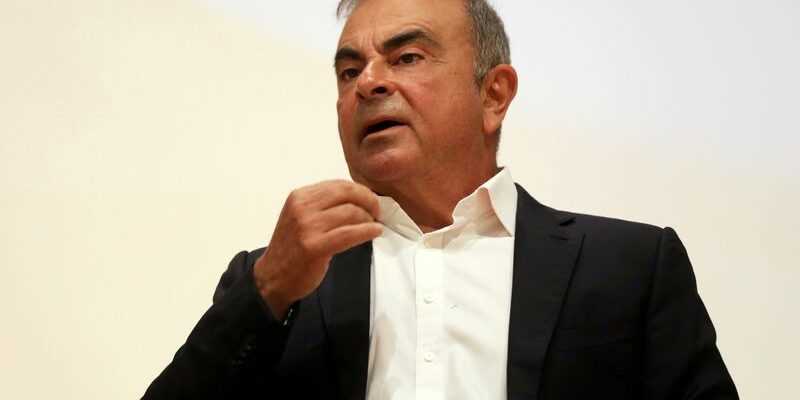PARIS (Reuters) – French justice has issued international arrest warrants against Carlos Ghosn, former boss of the Renault Nissan alliance, and four other people, as part of the investigation led by the Nanterre prosecutor’s office. (Hauts-de-Seine) for abuse of corporate assets, breach of trust and money laundering, in particular.
“As part of the judicial investigation opened on February 12, 2020 against X by the Nanterre public prosecutor’s office, supplemented by an additional indictment dated July 2021, the investigating judge seized has today issued five arrest warrants for international distribution against Mr. Carlos Ghosn and the current owners or ex-directors of the Omani company SBA (Souhail Bahouan Automobile), distributor of Oman vehicles”, said the Nanterre public prosecutor’s office, confirming information from the Wall Street Journal.
In addition to the suspicious financial flows between Renault and the Omani vehicle distributor SBA, the investigation by the Nanterre public prosecutor’s office also relates to the suspicions that Carlos Ghosn knowingly used the resources of the automotive group for private purposes, for amounts of several million euros.
Carlos Ghosn said in an interview on BFM TV that this court decision had “surprising timing” in a “politically charged” period.
“I am presumed innocent as required by French law,” he said on BFM TV. “The secrecy of the investigation has been violated since the beginning of this affair,” he added.
Asked about this on Friday on France Inter, the Head of State Emmanuel Macron, in the running for a second five-year term during the second round of the presidential election on Sunday, refused to comment on this information, simply declaring that “justice must be able to do his job, with everyone”.
The former boss of Renault-Nissan has been in Lebanon since he fled Japan in December 2019, where he was to be tried for financial embezzlement.
Carlos Ghosn, who has Brazilian, French and Lebanese nationalities, is unlikely to be extradited by the authorities in Beirut.
In Lebanon – as in France – extradition is based on the principle of the non-surrender of a citizen present on its soil by its own government.
(Reportage Tassilo Hummel, with the contribution of Ingrid Melander, French version Myriam Rivet, said by Jean-Michel Blot)
